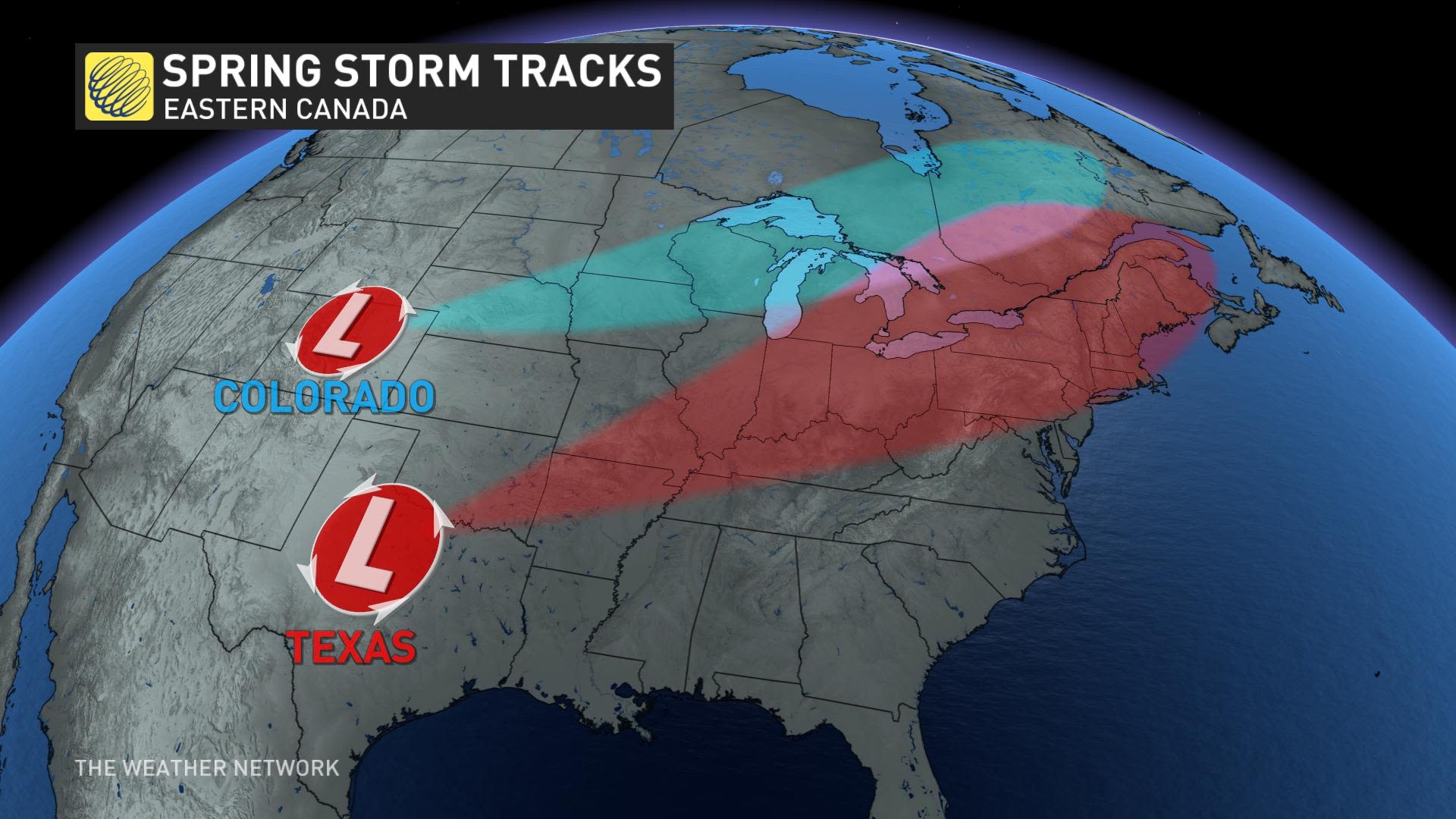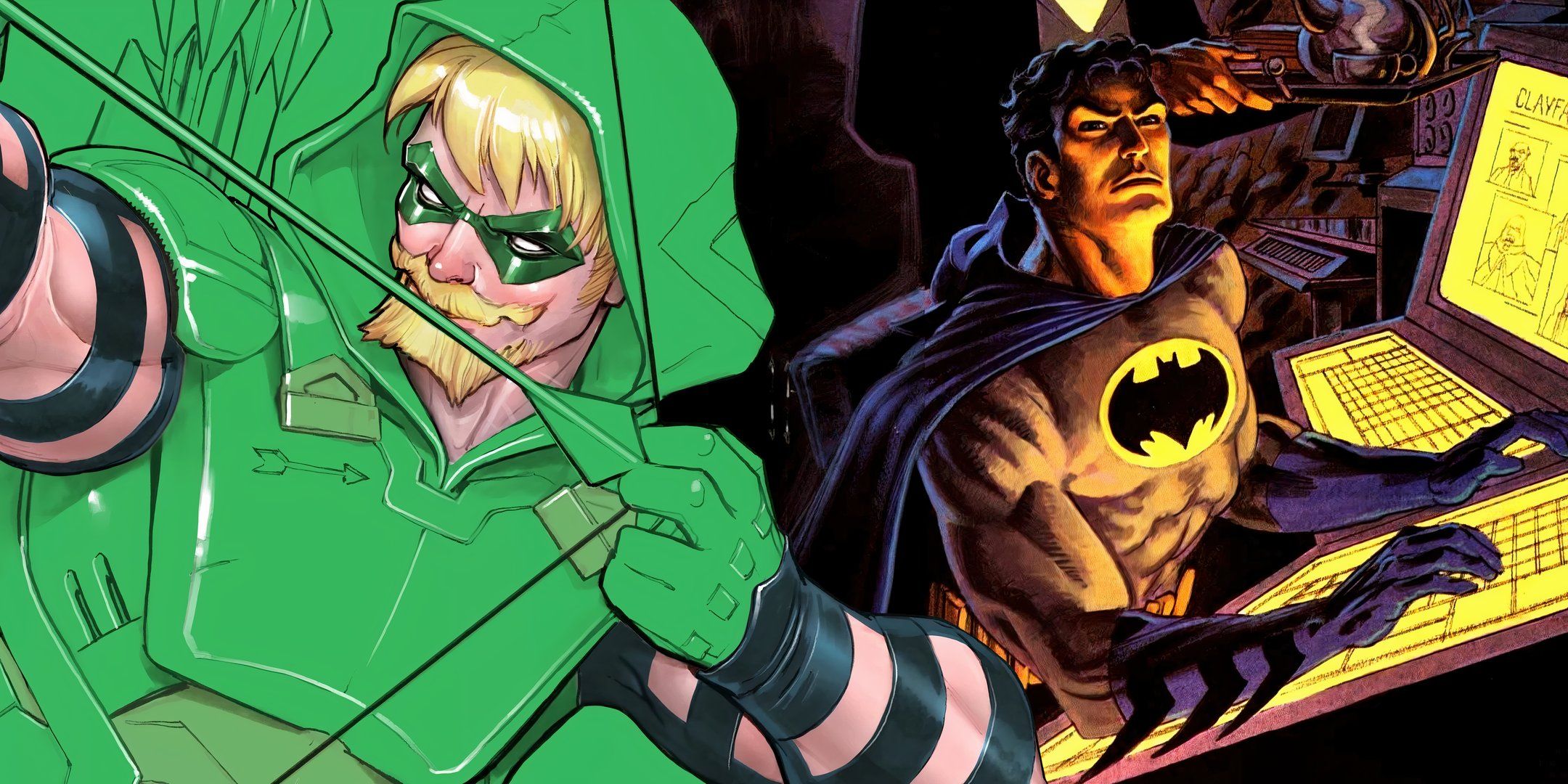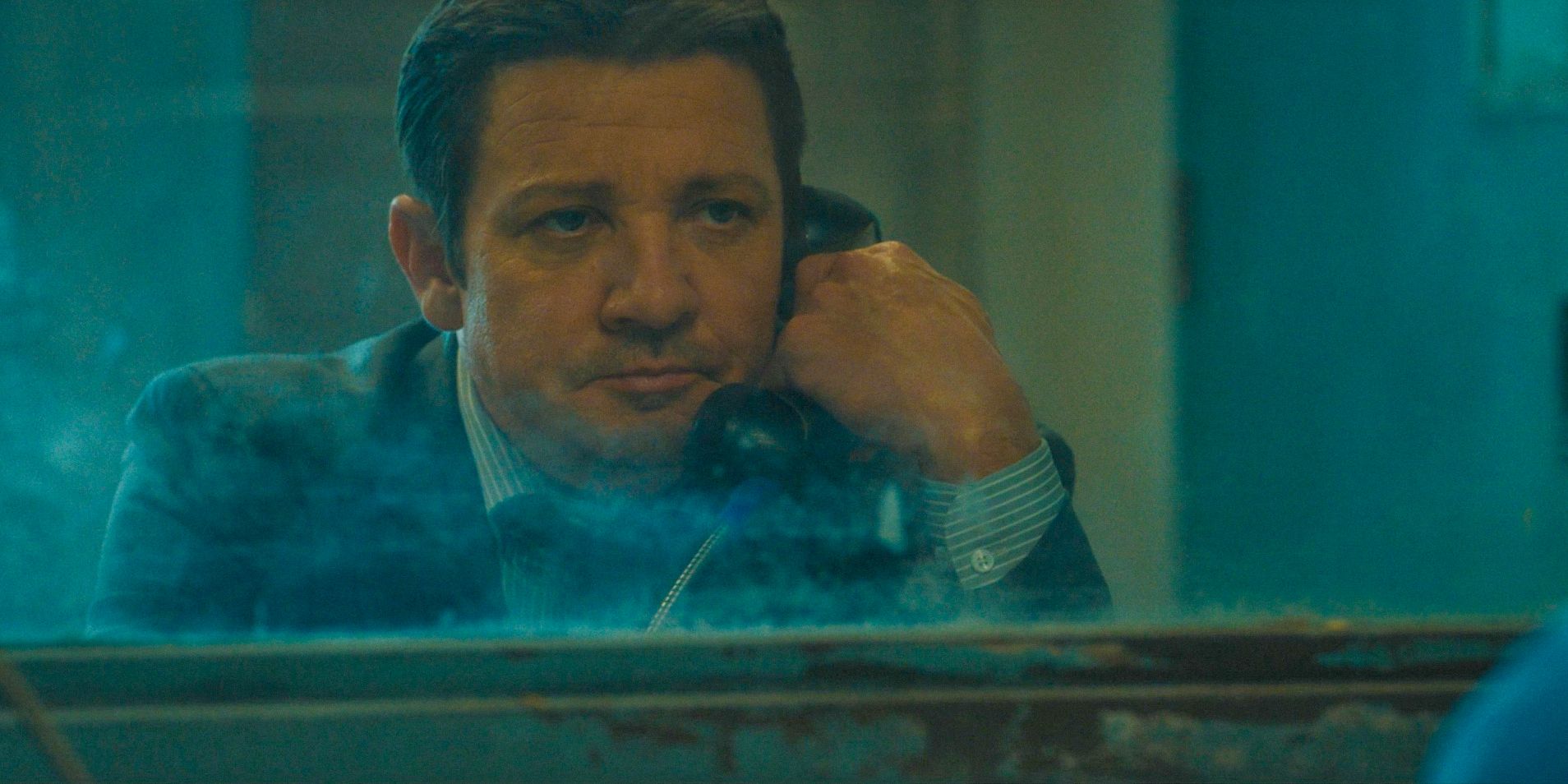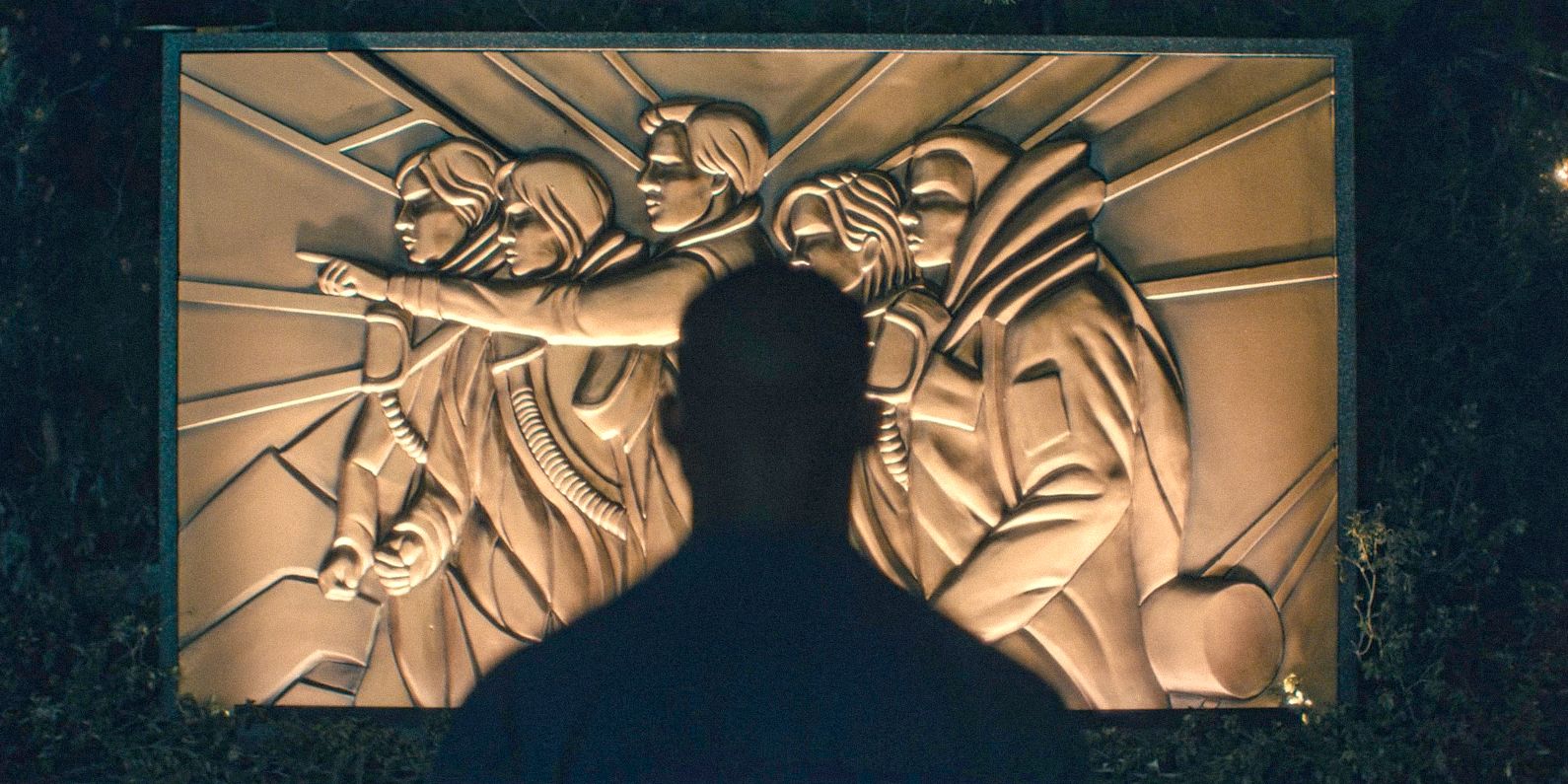Trump Imposes Sanctions on International Criminal Court Officials

President Trump has sanctioned ICC officials investigating the U.S. and its allies, a move that faces condemnation from the tribunal. The order reinforces Trump's assertions of national sovereignty and opposition to international intervention.
President Donald Trump has authorised sanctions on officials from the International Criminal Court (ICC) who investigate the United States and its allies, a decision met with condemnation from the tribunal based in The Hague.
The executive order, signed on Thursday, reinstates a policy from Trump's first term that targets an organisation he views as a threat to American sovereignty.
The order denies visas and blocks access to funds for ICC employees and their family members who are linked to investigations concerning U.S. citizens and American allies. This action is taken in response to the ICC's issuance of arrest warrants against Israeli Prime Minister Benjamin Netanyahu and the former Defence Minister of Israel over military actions in Gaza.
The White House issued a statement claiming that the ICC has drawn "a shameful moral equivalency" between Israel's leaders and Hamas, a group designated as a terrorist organisation by the U.S. The statement also accused the ICC of possessing "broad, unaccountable powers" that pose a significant threat to U.S. sovereignty and constitutional protections.
Trump and his supporters have consistently decried the ICC as a representation of unwanted internationalism, asserting that it inappropriately interferes in American affairs. The U.S. has never been a party to the court, established in 2002 to prosecute war crimes, genocides, and other serious crimes that have gone unpunished. Previously, in 2020, Trump imposed sanctions on an ICC prosecutor and one of her aides for investigating alleged U.S. war crimes in Afghanistan.
In response to the executive order, the ICC condemned the actions, stating that they aim to "harm its independent and impartial judicial work."
The ICC affirmed its commitment to providing justice and hope to countless innocent victims of atrocities worldwide in a statement on its website.
Both the ICC and the International Court of Justice, located in The Hague, are tasked with investigating and trying individuals accused of genocide, war crimes, crimes against humanity, and the crime of aggression.
Dutch Foreign Minister Caspar Veldkamp expressed that the Netherlands "regrets" the U.S. executive order sanctioning the ICC. The Netherlands has a strong reputation and a duty as a host nation for vital international legal establishments and is committed to fulfilling its international law obligations in good faith.
Initial reactions from Europe were generally restrained. European Council President Antonio Costa refrained from mentioning Trump, noting that the sanctions "threaten the court's independence and undermine the international criminal justice system overall."
Former President Joe Biden revoked Trump's previous sanctions on ICC officials in 2021. The Biden and Obama administrations cooperated with the ICC on various cases.
Last week, Senate Democrats blocked a Republican-led initiative that aimed to sanction the ICC for pursuing Israeli leaders. Trump signed the order during a visit by Netanyahu to Washington.
Trump has shown unwavering support for Israel’s government, even suggesting U.S. control over the Gaza Strip following the conflict with Hamas — a proposal condemned by global leaders as a potential act of ethnic cleansing against Palestinians.
He is also expected to sign other directives aimed at creating a White House office for faith and addressing perceived anti-Christian bias within the federal government, initiatives aimed at appeasing his conservative base.



















